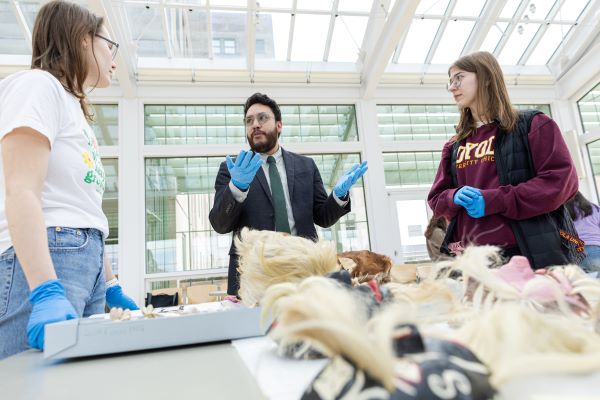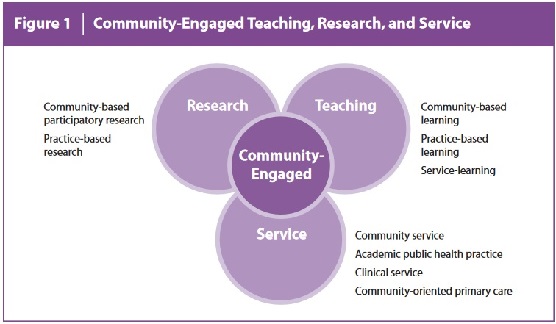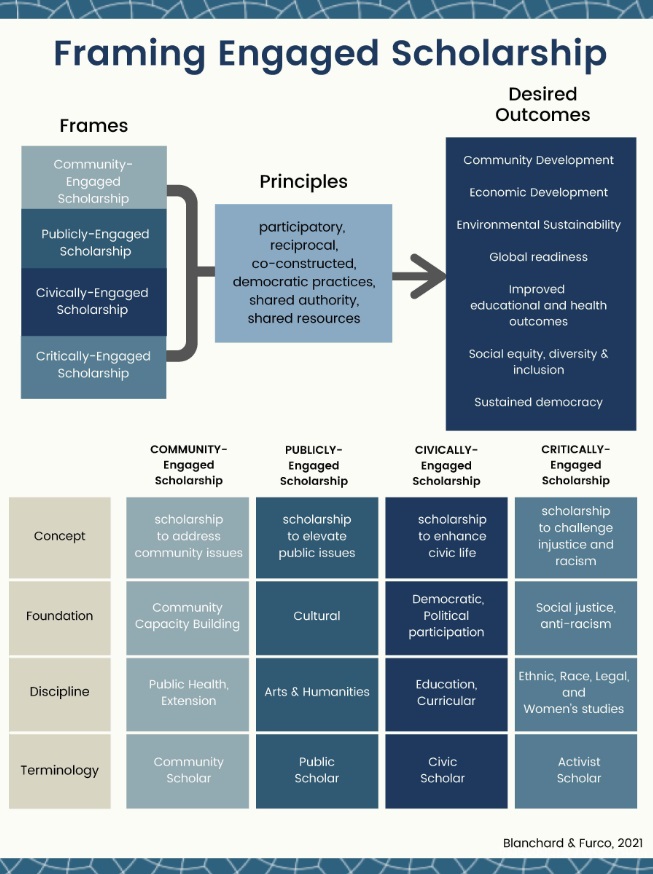The Scholarship of Engagement

Based on Loyola University Chicago's mission and vision "to expand knowledge in the service of humanity," the Center for Engaged Learning, Teaching and Scholarship serves as an academic support service for faculty members who embrace the scholarship of engagement, in which connections with outside entities transform from outreach to partnerships. The Center for Engaged Learning, Teaching and Scholarship encourages community-engaged scholarship through our service-learning program, our academic internship program, and our undergraduate research program (LUROP).
Here we offer resources for those who wish to learn more about engaged scholarship, as well as those who are seeking to deepen their engagement.
Based on Loyola University Chicago's mission and vision "to expand knowledge in the service of humanity," the Center for Engaged Learning, Teaching and Scholarship serves as an academic support service for faculty members who embrace the scholarship of engagement, in which connections with outside entities transform from outreach to partnerships. The Center for Engaged Learning, Teaching and Scholarship encourages community-engaged scholarship through our service-learning program, our academic internship program, and our undergraduate research program (LUROP).
Here we offer resources for those who wish to learn more about engaged scholarship, as well as those who are seeking to deepen their engagement.


